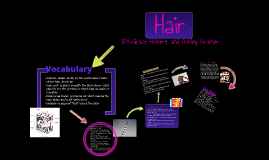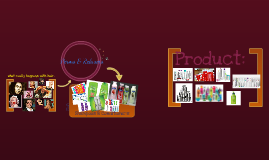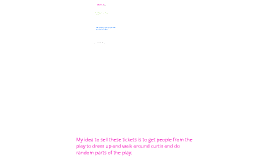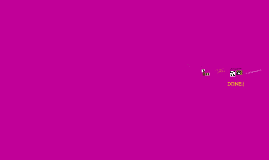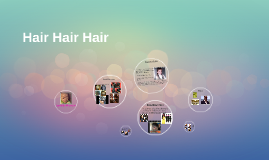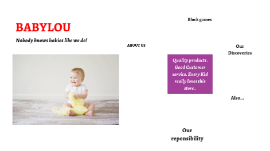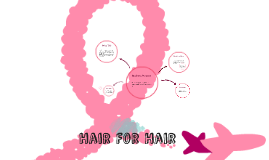Hair.
Transcript: What really happens with hair. Perms & Relaxers. perms and relaxers are a favorite to African Americans. The chemicals from relaxers and perms causes Hair breakage, scalp irritation, stunted hair growth, and even permanent hair loss. Perms make the hair curly, known as "jerry curl" or "texturizer" used by men and womento create waves on short hair styles. Sodium Hydroxide and Guanidine Hydroxide are the strongest and most typical option of relaxer chemical used. Shampoos & Conditioners Whats in conditioner: High Quantitiesof Moisturizing humectants, reconstructors, acidifiers, detanglers, Thermal protectors, oils, glossers, lubricants, sequestrants, antistatic elements, and preservatives. If you use a dryer, curling iron, or straightner, get a perm or highlights, swin in the pool, spend time in the sun, or have dry scalp, then conditioner should be apart of your every day routine. A big mistake you can make is choosing shampoo based on smell and price. It needs to be choosed by what's in it and identify whats formulated for your specific hair type. Product: Would you consider product bad for your hair? Garnier. Shampoos are nice, makes my hair smooth and smell fruity! Conditioners are TERRIBLE though, they make me lose out handfuls of hair in the shower! Their styling products are pretty bad .. I've bought enough of them to know that half don't work. Their hairsprays are terrible so never touch those. Their smoothing and antifrizz products are ok. Love their Surf Hair Texturising Spray though it makes my hair frizzy! Herbal Essences - my FAVOURITE shampoo/conditioner is Hello Hydration. Makes my hair very silky like no other brand and plus all their products smell great! Also have their leave in conditioner and its pretty good. Bedhead. Expensive and their products are either hit or miss. Good - Hard Head Hairspray. Terrible - Cocky thickening paste, Maxxed Out hairspray. Don't work. BigSexyHair. Expensive and bad! They draw you in with claims of getting beautiful sexy hair and their products don't even work. We have all heard the advice that it is best to avoid the use of products that contain alcohol, as it can be drying to the hair. This is especially true for those of us with curly hair, which has the tendency to need all the moisture it can get. However, we often get a little baffled; because we see ingredients including the word ‘alcohol’ in many of the products we buy, including those that are labeled as conditioning products. The explanation is a fairly simple one: some alcohols can cause dry, frizzy hair while others can act to condition your hair! this apparent contradiction in performance is due to the structure of the alcohol. Alcohols are a class of materials defined by certain characteristics. They have a nonpolar carbon chain and a polar hydroxyl group (an oxygen atom bonded to a hydrogen atom) bonded to one of the carbons in the chain (most often at the end of the chain). Short-chain alcohols This group includes ethanol, SD alcohol, SD alcohol 40, Alcohol denat, Propanol, Propyl alcohol and Isopropyl alcohol Due to similarities with water molecules, the very small alcohols (ones with fewer than 3 carbons in the tail) are slightly miscible (capable of mixing) in water, while they can also dissolve oil and other ingredients that are not miscible with water. Thus, one function they can serve is to dissolve polymers or other additives prior to their addition to the aqueous portion of the formula. These types of alcohols evaporate quickly due to their low molecular weight, and for this reason are often used as an additive to help decrease the time it takes for hair to dry. However, this can create dry, frizzy hair as it may cause the cuticle to be roughened and/or oil and water to be removed from the hair along with the alcohol (remember, these are often use as astringents for our skin for just this reason). Products to avoid: ISOPROPYL ALCOHOL: This is a solvent and denaturant (poisonous substance that changes another substances natural qualities). Isopropyl alcohol is found in hair color rinses, body rubs, hand lotions, after-shave lotions, fragrances and many other cosmetics. This petroleum-derived substance is also used in antifreeze and as a solvent in shellac. PEG: This is an abbreviation for polyethylene glycol that is used in making cleansers to dissolve oil and grease as well as thicken products. Sodium Laureth Sulfate (SLES) - SLES is the alcohol form (ethoxylated) of SLS. It is slightly less irritating than SLS, but may be more drying. Both SLS and SLES can enter the blood stream. They may cause potentially carcinogenic formations of nitrates and dioxins to form in shampoos and cleansers by reacting with other product ingredients.






